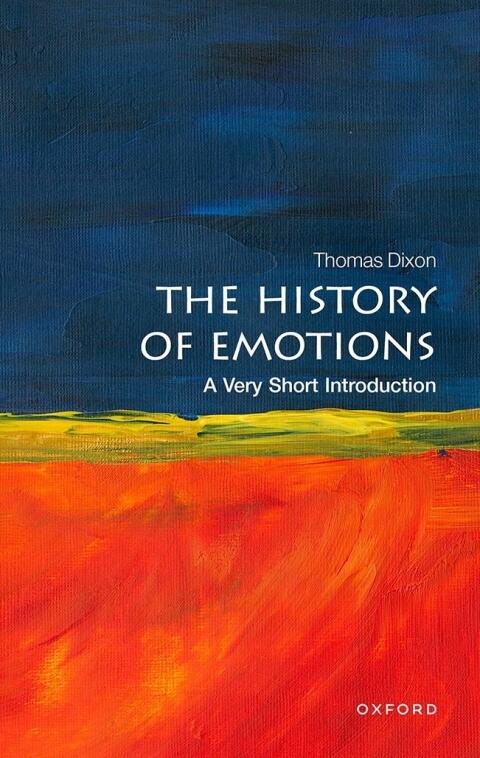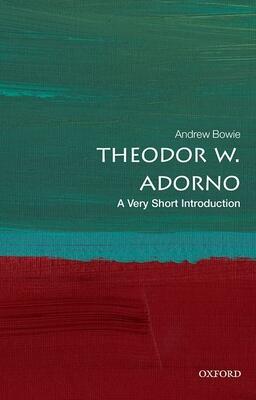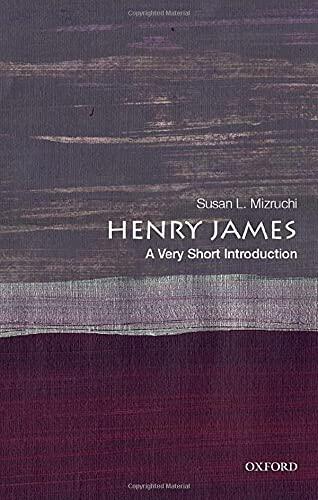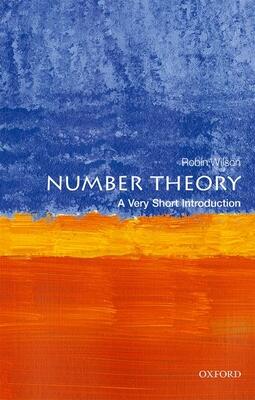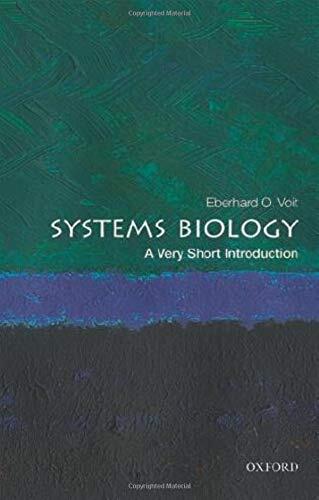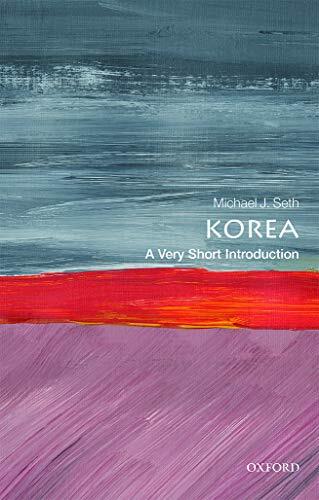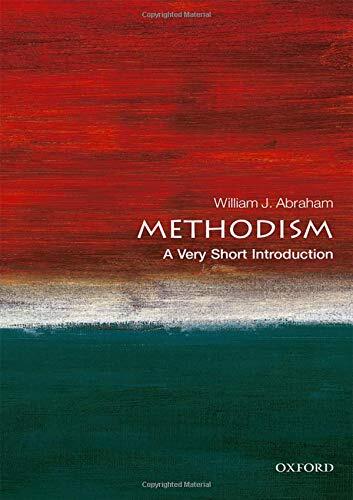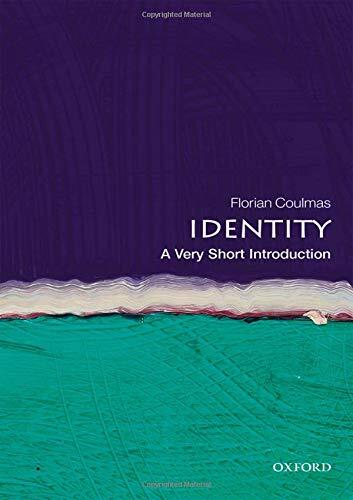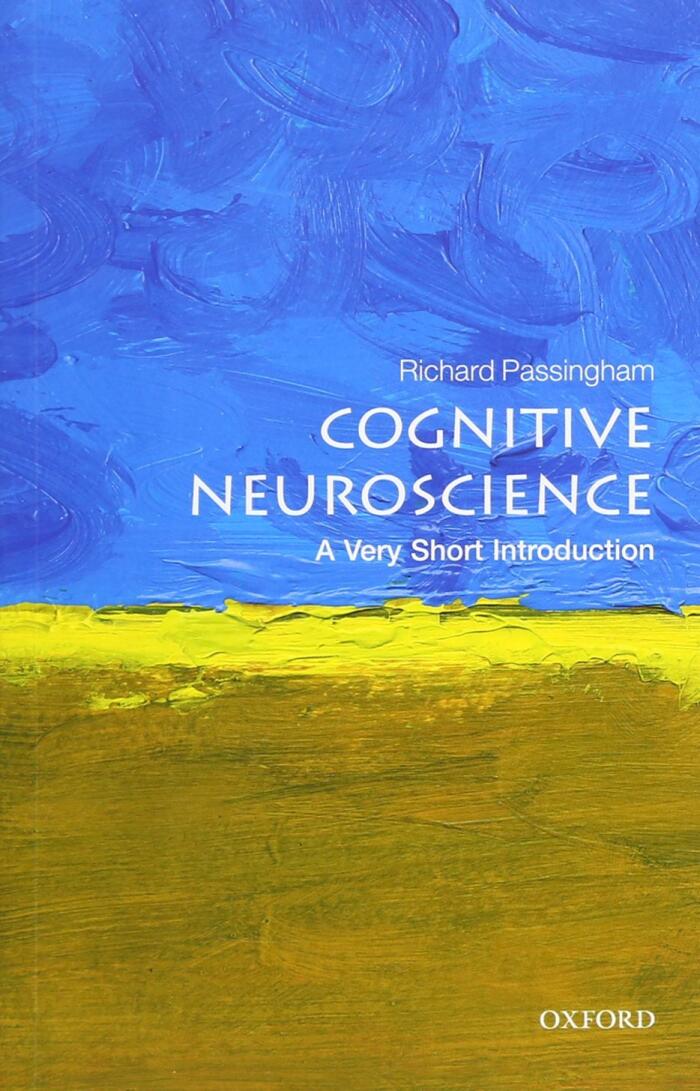
Cognitive Neuroscience: A Very Short Introduction
아직 평점이 없습니다
Science & Technology
Philosophy
형식
페이퍼백
페이지
160
언어
영어
출판됨
Dec 1, 2016
출판사
Oxford University Press
ISBN-10
0198786220
ISBN-13
9780198786221
설명
Cognitive neuroscience explores the intricate relationship between brain activity and cognitive processes, a field that has evolved significantly since the mid-20th century. Richard Passingham takes readers on a concise journey through the developments that have shaped our understanding of how the mind works, moving away from the behaviorist paradigms that once dominated psychology. The shift to a more nuanced exploration of mental functions marks a vital turning point in the study of both psychology and neuroscience.
Within these pages, readers will discover how advances in brain imaging and neuropsychological studies have illuminated the complexities of human cognition. By examining the biological underpinnings of thoughts, emotions, and behaviors, Passingham reveals the multifaceted nature of the mind and how it interacts with the physical workings of the brain. His insightful analysis provides a broader comprehension of topics such as perception, memory, and decision-making.
Passingham's work serves as an accessible introduction for anyone curious about the neural processes that contribute to our understanding of the world. As cognitive neuroscience continues to advance, this exploration encourages readers to ponder the implications of this knowledge on future research and the potential it holds for the application in various fields, from education to mental health.
Within these pages, readers will discover how advances in brain imaging and neuropsychological studies have illuminated the complexities of human cognition. By examining the biological underpinnings of thoughts, emotions, and behaviors, Passingham reveals the multifaceted nature of the mind and how it interacts with the physical workings of the brain. His insightful analysis provides a broader comprehension of topics such as perception, memory, and decision-making.
Passingham's work serves as an accessible introduction for anyone curious about the neural processes that contribute to our understanding of the world. As cognitive neuroscience continues to advance, this exploration encourages readers to ponder the implications of this knowledge on future research and the potential it holds for the application in various fields, from education to mental health.



